The 2025 Nobel Prize in Chemistry was awarded jointly to Susumu Kitagawa, Richard Robson, and Omar M. Yaghi, from the Universities of Kyoto, Melbourne, and California, respectively, “for the development of metal-organic frameworks” (MOFs), as announced by the Royal Swedish Academy of Sciences.
As mentioned by the committee these researchers “have created new rooms for chemistry”.
This type of molecular architecture is exceptionally useful and due to the laureates’ work, who created the first MOFs and demonstrated their potential, it is now widely used worldwide to design tens of thousands of different MOFs for many applications that go way beyond chemistry.
MOFs have already demonstrated that chemistry can play a crucial role in addressing global challenges such as environmental pollution, energy storage, semiconductor production, and effectiveness in combating diseases.
Within CQE, research on MOFs is conducted by several groups towards specific applications. These applications include in catalysis, energy, environmental solutions, medicine, and pharmacy, among others. Each group brings its unique perspective and expertise, which is reflected in both their approach to research and the specific design strategies they employ. The research’s diversity is also evident in the synthetic methods used. While some groups rely on traditional solution-based synthesis, others rely, for example, on electrochemical techniques or mechanochemistry for the MOFs’ synthesis. CQE can contribute comprehensively to the advancement and application of MOFs across multiple scientific fields, targeting major global challenges.
As noted by one of our specialists, Drª Vânia André: “Today, we are certain that these molecular architectures truly represent new rooms for chemistry, and there is still much more to discover about them.”
Find full interview with Drª Vânia André here
More comments, from our expert Prof. João Pires can be found here.
(text written by Vânia André, Centro de Química Estrutural, Institute of Molecular Sciences, Instituto Superior Técnico, Universidade de Lisboa)
